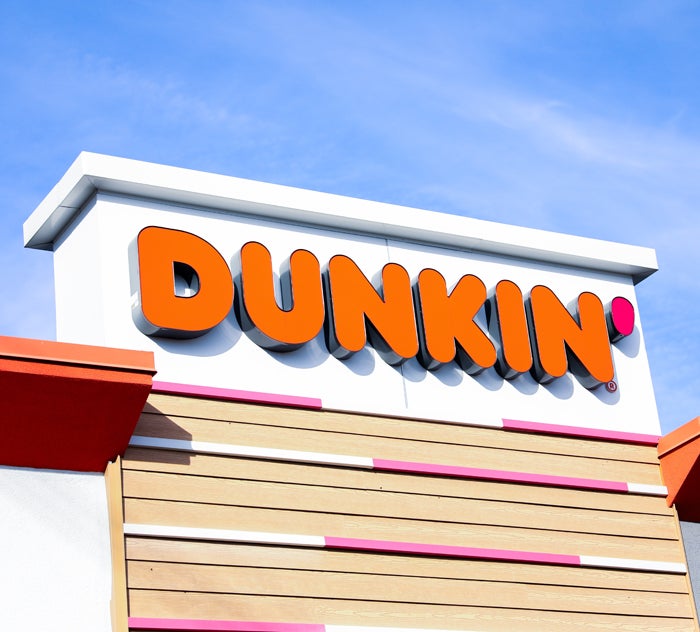What do doughnuts and TV commercials have in common?
Too much of either can be a bad thing.
Brands trying to capitalize on streaming have to do more than just shift budgets around. They also need to tackle the pain points that come with digital ad buying – especially ad repetition.
That’s why Inspire Brands, the fast-food franchise that owns popular chains such as Dunkin’, Sonic and Arby’s, is rewriting parts of its TV playbook to better manage reach and frequency in streaming media campaigns.
On Thursday, Inspire Brands published a blog post outlining its recent use of Yahoo to do so, timed to coincide with this year’s upfront negotiations.
In addition to leaning on Yahoo’s ConnectID for targeting – which Yahoo just made available for CTV ads in April – Inspire is also centralizing its over-the-top (OTT) ad buys within Yahoo’s demand-side platform, Inspire Brands Chief Media Officer Travis Freeman, told AdExchanger.
In programmatic, less is more
One important reason why many brands consolidate their ad tech vendor roster, especially in CTV, is to manage campaigns in fewer places. Fewer intermediaries means fewer chances for advertisers to bid against themselves or for the same person across many networks.
Until recently, Inspire used four or five DSPs at any one time. In an effort to reduce ad repetition, it consolidated mostly to the Yahoo DSP for streaming and online video earlier this year. (Inspire also consolidated display budgets within Google’s DV360, bringing its total DSP count to two.)
Freeman said the brand made this decision because, compared to other DSPs, Yahoo’s ConnectID had much higher match rates with Epsilon, Inspire’s clean room partner for the past year.
Using Epsilon’s CORE ID, Inspire matches first-party data from its quick-serve restaurant brands with Yahoo’s ConnectID, he said. And higher match rates between the two identifiers give Inspire more confidence that it’s reaching viewers effectively within a target audience.
The PMP pitch
Regardless of vendor totals, an advertiser’s reach and frequency management also hinges on its approach to programmatic.
From an ad buying standpoint, Inspire treats CTV “the same way we would treat any other digital buy,” Freeman said – as in, it spends more on biddable inventory rather than direct deals.
Most programmatic dollars earmarked for CTV go to programmatic guaranteed deals, which emulate the direct buying dynamics TV buyers and sellers are already used to.
But direct deals are between an advertiser and a broadcaster (duh). “They’re not nearly as good as private marketplaces, where we can actually control reach and frequency across multiple channels and multiple audiences,” Freeman said.
Negotiating a better deal
Ad buyers need reach and frequency controls because oversaturated ad viewers can turn on the brand (can confirm) or the streaming service.
By centralizing CTV ad buys within Yahoo, Inspire lowered its effective CPMs by nearly 20% during Q1 this year, said Alia Lamborghini, SVP of US sales and client services for Yahoo’s DSP.
For Inspire, these cost savings are “actually going to working media,” Lamborghini said. Which would also mean more money for programmers and publishers.
Although it’s too soon to say how Inspire’s new streaming strategy affects its upfront negotiations with publishers – which are ongoing – Freeman said the plan is to “push networks” into providing similar preferred rates for bids like they already offer for direct deals.














